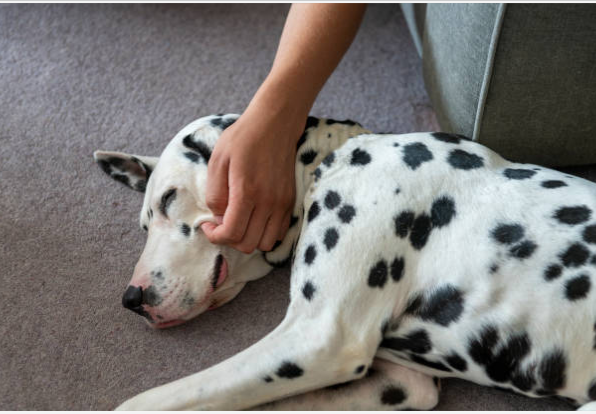Puppy Vaccination: All You Need to Know
Puppy vaccinations are one of the most important things you can do to keep your new furry friend healthy and safe. Puppies are particularly vulnerable to certain diseases, so it is essential to start vaccinating them as soon as possible.
What are puppy vaccinations?
Puppy vaccinations are a series of injections that help to protect puppies against common and serious diseases. Vaccines expose the puppy’s immune system to a weakened or inactive form of the disease-causing virus or bacteria. This helps the puppy’s immune system develop antibodies, which can protect the puppy from getting sick if they are exposed to the disease.
Which vaccines do puppies need?
The core vaccines that all puppies need are:
- Distemper: Distemper is a highly contagious and deadly virus that can affect dogs of all ages.
- Adenovirus: Adenovirus is a virus that can cause two different diseases in dogs: hepatitis and kennel cough.
- Parvovirus: Parvovirus is a highly contagious and potentially fatal virus that attacks the lining of the intestines.
- Rabies: Rabies is a deadly virus affecting all mammals, including humans.
In addition to the core vaccines, several other vaccines may be recommended for your puppy, depending on their lifestyle and risk factors. These vaccines include:
- Leptospirosis: Leptospirosis is a bacterial disease that can cause various symptoms, including fever, vomiting, diarrhea, and jaundice.
- Lyme disease: Lyme disease is a tick-borne disease that can cause various symptoms, including arthritis, fever, and lameness.
- Bordetella bronchiseptica: Bordetella bronchiseptica is a bacteria that can cause kennel cough.
- Canine influenza is a respiratory virus that can cause coughing, sneezing, and fever.
When should puppies be vaccinated?
Puppies should start receiving their core vaccines at around 6-8 weeks old. They will then need to obtain a series of booster vaccines to ensure they are fully protected. The specific vaccination schedule will vary depending on the type of vaccine and your veterinarian’s recommendations.

What are the side effects of puppy vaccinations?
Some puppies may experience mild side effects after being vaccinated, such as:
- Soreness at the injection site
- Lethargy
- Loss of appetite
- Fever
How to reduce the risk of side effects from puppy vaccinations
There are a few things you can do to reduce the risk of side effects from puppy vaccinations:
- Ensure your puppy is healthy and free of parasites before being vaccinated.
- Talk to your veterinarian about any concerns you have about puppy vaccinations.
- Ask your veterinarian if any particular vaccines or vaccination schedules suit your puppy.
- Monitor your puppy closely for any signs of a bad reaction to a vaccine. If you notice any concerning symptoms, contact your veterinarian immediately.
Why are puppy vaccinations necessary?
Puppy vaccinations are necessary because they help to protect puppies from severe and potentially fatal diseases. Without vaccinations, puppies are at a much higher risk of getting sick and dying from these diseases.
Vaccination is also essential for public health. Some diseases that puppies can be vaccinated against are zoonoses, which can be transmitted from animals to humans. By vaccinating your puppy, you are helping to protect yourself, your family, and your community from these diseases.
How to make puppy vaccinations easier
There are a few things you can do to make puppy vaccinations easier for your puppy:
- Bring your puppy to the veterinarian for a check-up before they are vaccinated. This will help ensure your puppy is healthy enough to receive vaccinations.
- Give your puppy a light meal before they are vaccinated. This can help to reduce the risk of vomiting or nausea after the vaccination.
- Comfort your puppy during and after the vaccination. Hold them in your lap or talk to them in a soothing voice.
- Give your puppy a treat after the vaccination. This will help to associate the immunization with a positive experience.
Is it safe to walk my puppy before they are fully vaccinated?
Walking your puppy before they are fully vaccinated is generally not recommended. This is because puppies are more susceptible to infection before receiving all their vaccinations. However, there are some things you can do to minimize the risk of infection, such as:
- Carrying your puppy in and out of high-traffic areas.
- Avoid contact with other dogs, especially those that are sick or have not been vaccinated.
- Keep your puppy away from areas where other dogs have been, such as dog parks and walking trails.
Talk to your veterinarian if you have any questions or concerns about puppy vaccinations. They can help you create a vaccination schedule right for your puppy and their lifestyle.


